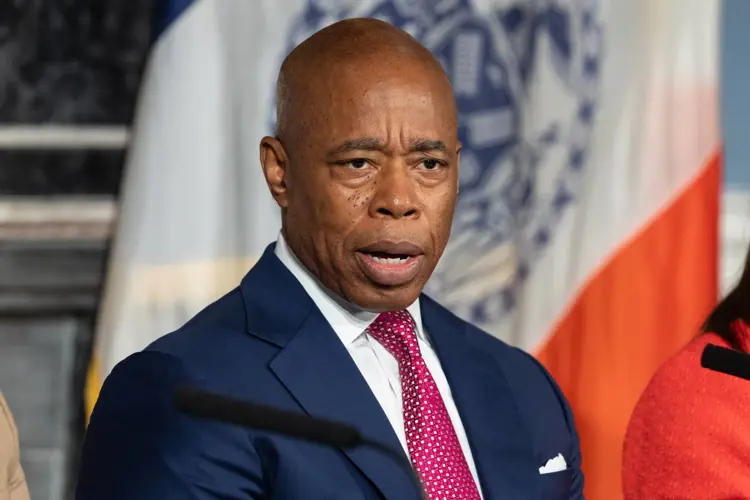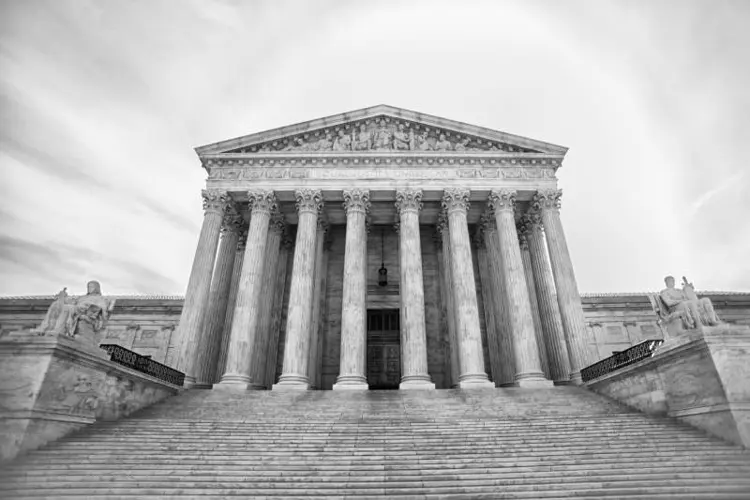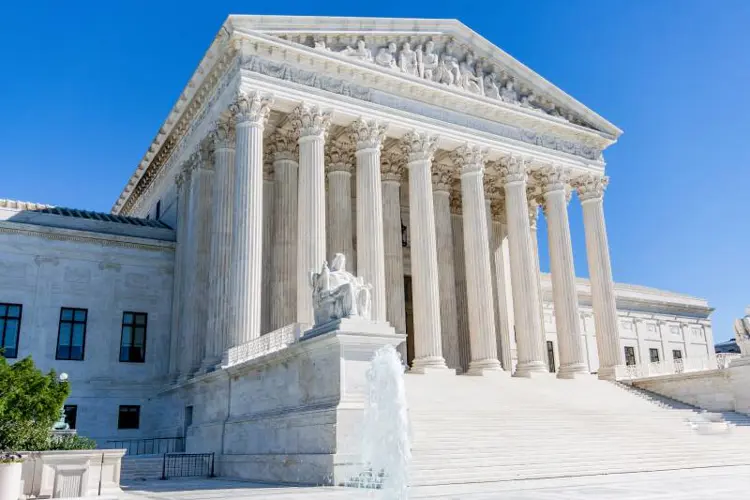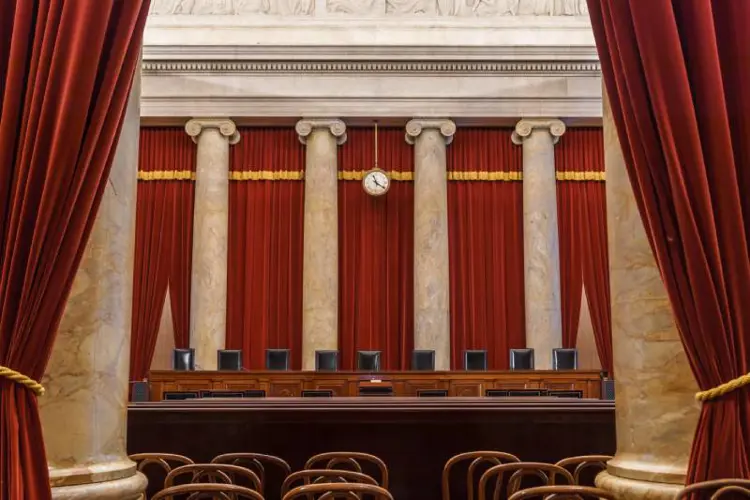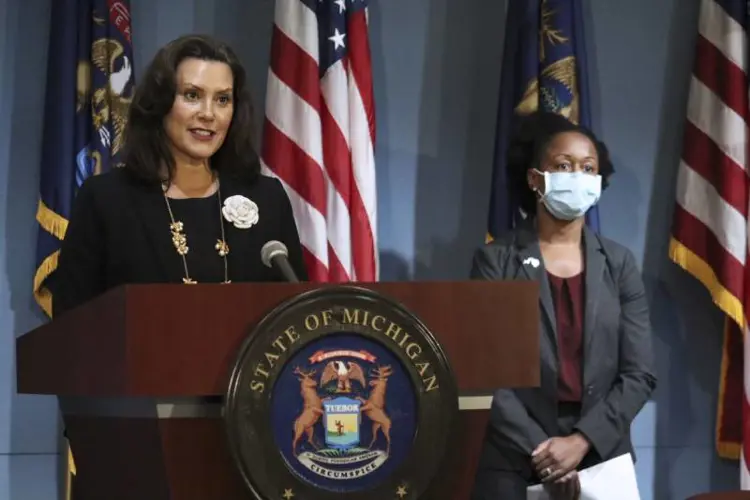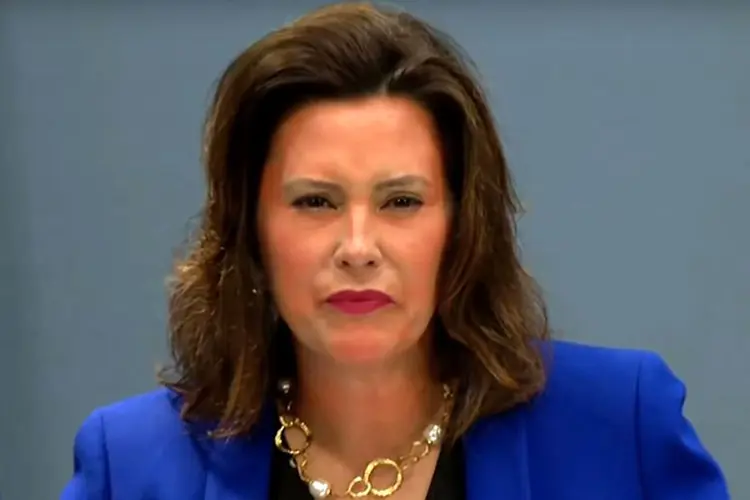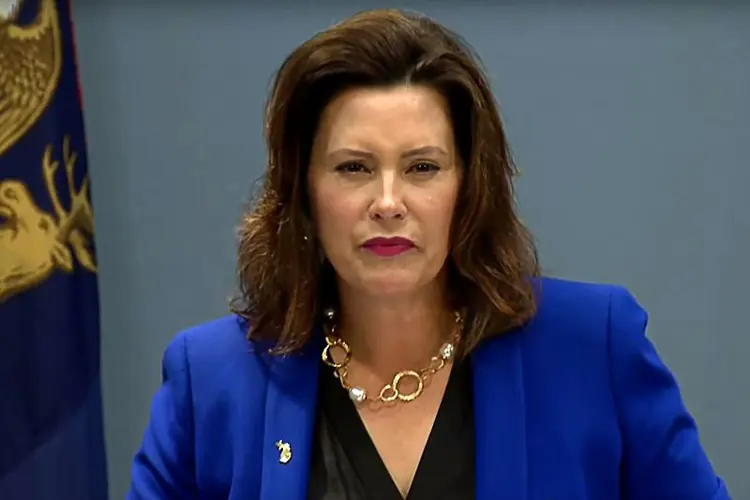Michigan Gov. Gretchen Whitmer announced that the state will ban the sale of flavored e-liquid and vaping products—including mint and menthol. The flavored vape ban is in the form of an executive order that lasts for six months (and can be renewed), and includes online sales. Retailers will have 30 days to sell existing stock.
The ban will take effect as soon as the state Department of Health and Human Services issues rules, which may take a few weeks. The DHHS will develop permanent rules during the six-month temporary ban.
“My number one priority is keeping our kids safe and protecting the health of the people of Michigan,” Whitmer told the Washington Post. Whitmer says the state health department has determined that vaping products constitute a public health emergency. The ban is not a response to the recent outbreak of lung injuries tied to black market THC oil cartridges.
Consumer advocacy group CASAA has issued a call to action. Michigan vapers are encouraged to call the governor’s office, and to use CASAA’s simple platform to write their state legislators demanding they challenge the governor’s action.
Whitmer signed a law earlier this year banning sales of vaping products to minors, making Michigan the 49th state to pass such a law (although the FDA’s 2016 Deeming Rule set the federal minimum age to 18). That law went into effect Sept. 2, and provides penalties for minors who purchase or possess vaping products.
Whitmer signed the age restriction law reluctantly, expressing concern that legislators didn’t go further and add additional restrictions on the products, and promising future action. In a signing statement, she said she had “significant reservations” about not defining vapes as tobacco products, worrying that they would be exempt from “evidence-based tobacco control.” She was especially bothered by flavors.
Michigan’s 19.3 percent adult smoking rate (CDC, 2017) is above the national average, as is the state’s 10.5 percent smoking rate among high school students. But it is JUUL and vaping that has grabbed headlines in the last two years, so that is the natural target for an ambitious politician.
If the Michigan ban succeeds, it will be the first statewide flavor ban in the country. Last year, San Francisco became the first city to ban vape flavors. Since then, many municipalities have passed some type of flavor ban. Elected officials in other states, including California and New York, have proposed flavor bans, but have thus far been unable to pass them.
Surveys have shown that adult vapers who have completely quit smoking overwhelmingly prefer fruit and dessert flavors over tobacco. Whitmer’s action will impact all flavors except tobacco. It’s unclear if the governor intends to issue specific guidance on what flavorings can be used in a “tobacco flavor,” but most tobacco e-liquids use flavors other than tobacco.
Flavor bans and other vaping product restrictions are popular among legislators because the number of people who vape and are politically active is very small, and the moral panic over teen vaping has made vaping extremely unpopular among non-vapers. Flavor bans an easy way for politicians to grab headlines with (they think) little potential for political damage.
The next move will probably be lawsuits, although it’s not clear who will sue the governor.
“These businesses and their customers will not go down without a fight,” American Vaping Association president Gregory Conley said in a statement. “We look forward to supporting the lawsuits that now appear necessary to protect the right of adults to access these harm reduction products.”
“In this country, laws are made by legislators, not governors desperate for press attention,” added Conley. “Anyone who fears the prospect of an out of control government should be appalled by this attempt by the executive branch to unilaterally ban an adult product. Even more absurd, this ban attempt is coming just months after the Michigan Legislature wisely prohibited sales of vaping products to minors.”
Conley predicts a black market will develop in the state. After all, e-liquid is easy to make.
“Governor Whitmer’s ban will create a massive, multi-million dollar black market for these products, which are the same conditions that led to the recent spate of lung illnesses that are now clearly linked to illegal THC vaping products. The CDC is now specifically warning against vaping homemade vaping products, yet this is the exact kind of behavior that a state-instituted flavor ban will lead to.”
The Freemax REXA PRO and REXA SMART are highly advanced pod vapes, offering seemingly endless features, beautiful touchscreens, and new DUOMAX pods.
The OXVA XLIM Pro 2 DNA is powered by a custom-made Evolv DNA chipset, offering a Replay function and dry hit protection. Read our review to find out more.
The SKE Bar is a 2 mL replaceable pod vape with a 500 mAh battery, a 1.2-ohm mesh coil, and 35 flavors to choose from in 2% nicotine.
Because of declining cigarette sales, state governments in the U.S. and countries around the world are looking to vapor products as a new source of tax revenue.
The legal age to buy e-cigarettes and other vaping products varies around the world. The United States recently changed the legal minimum sales age to 21.
A list of vaping product flavor bans and online sales bans in the United States, and sales and possession bans in other countries.









